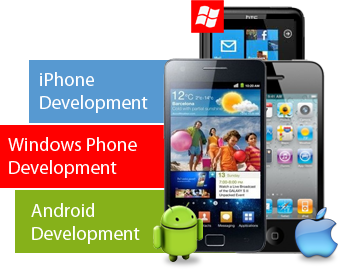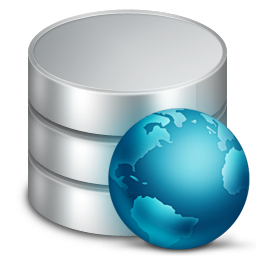Professional
Computer Programming
Advanced programming technology makes formal training a requirement for computer programmers. Computer programming programs offer a foundation in computer science, networking and systems technology, as well as applied training in the current programming languages. Programmers also learn to use programmer environments, applications that increase productivity by combining discrete programming functions (compiling, code walk-through, test data generation and debugging).

Courses in programming languages focus on the most popular coding conventions for different purposes. Python and C, C++, C#, Java are versatile languages in heavy use today. Web programmers use Java, HTML, PHP, ASP and JSP. Database programmers will find Structured Query Language (SQL) training indispensable.
Sample course titles: Algorithm, Data Structures in C++, XML Programming, J2EE Application Development.
Web Development
The Web Development courses is comprised of six courses covering web programming, web administration and website development using HTML, CSS, JavaScript, XML, PHP, SQL, UNIX, and Apache.
Upon completion of this program, you will be able to:
- Create fundamental HTML elements and attributes including links, images, tables, forms, spans and divs, as well as new HTML elements like section and article.
- Utilize Cascading Style Sheets (CSS) to control the look and placement of elements.
- Utilize Javascript and the Document Object Model (DOM) to add and remove elements, create functions and events to respond to user input, and validate forms.
- Create PHP scripts that use variables, operators, control structures, loops, arrays, strings, functions, cookies, and sessions.
- Create PHP scripts that obtain input from the user and interact with a database.
- Use basic database theory to design a relational SQL database, SQL tables and create complex queries.
High School
University & College
mobile app development
The rapid proliferation of mobile devices combined with the demand for continuous information access by consumers is creating exciting employment opportunities. Graduates may find employment in all levels of government, including health care and education, as well as business, marketing and communications.
 Students learn the design of user interfaces, user experience and usability of mobile solutions. They engage in cross-platform, mobile web and native application development.
Students learn the design of user interfaces, user experience and usability of mobile solutions. They engage in cross-platform, mobile web and native application development.
Students effectively design mobile website interfaces that work across multiple platforms and devices. They also learn to build native applications for mobile devices, such as smartphones and tablets. Emphasis is placed on a hands-on approach to developing sites and applications. Real-world applications and solutions are created with a variety of technologies and programming languages. Diverse topics, such as user experience design, web security, online mobile marketing, user interface design and native smartphone application development with the latest standard web technologies are examined.
database
 Organizations today require a stable and secure database for their business solutions. This program is targeted to individuals with basic operating system knowledge seeking to build their skill set in the areas of database design and development, support and testing, and troubleshooting.
Organizations today require a stable and secure database for their business solutions. This program is targeted to individuals with basic operating system knowledge seeking to build their skill set in the areas of database design and development, support and testing, and troubleshooting.
This course introduces students to relational database design and SQL (Structured Query Language) used with relational databases. Students will be introduced to a history of database management covering hierarchical, network, relational and object oriented models with a focus on the relational model and its operators. Students will be presented with a methodology for relational database design using Entity Relationship Diagrams and normalization of data.
networking
This course is associated with the capability to design, implement and evaluate identification systems, data capture systems and communications networks and their associated security protocols within a business environment. Expect to get a clear understanding of data communications and associated security techniques that should be used within a network environment.
Many of the issues concerning security relate to systems and devices in which failures in protection can endanger human life, the safety and viability of industrial and commercial systems, the safety of the environment, undermine public confidence and fuel criminal activity. Combating fraud and malice, together with the requirements for handling errors and mischance, are core objectives in the development of secure network and communication systems.

